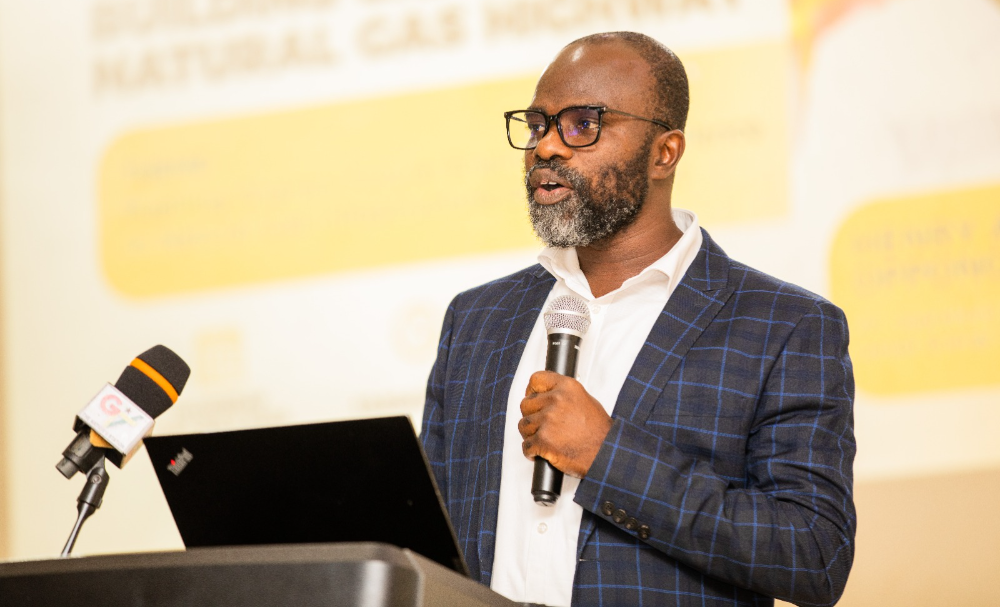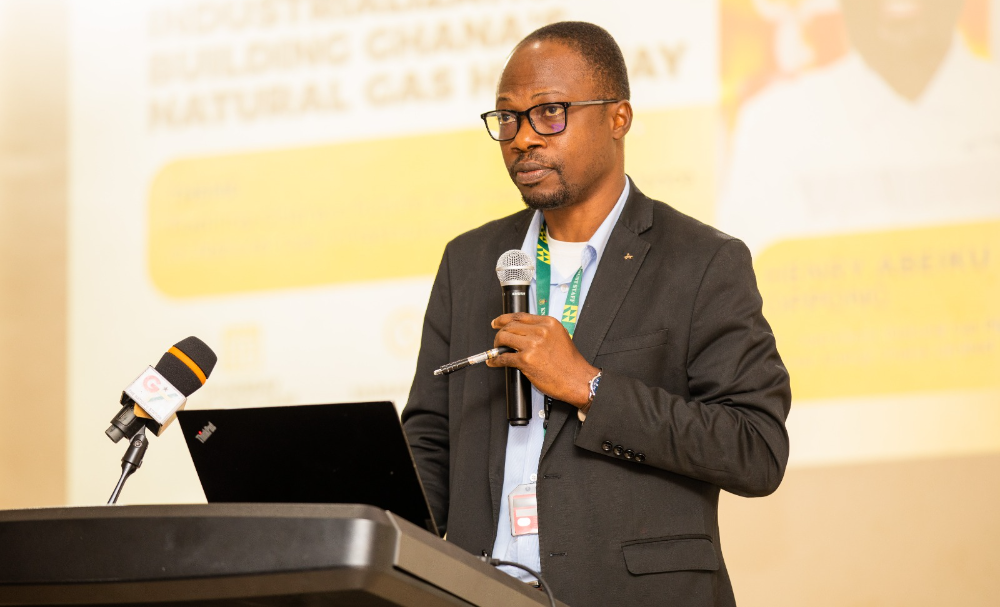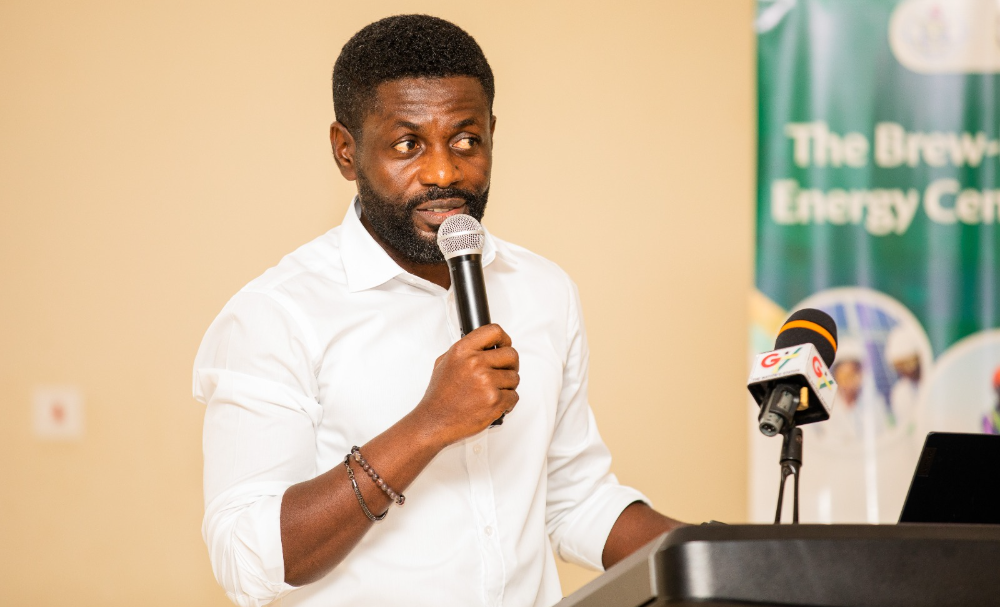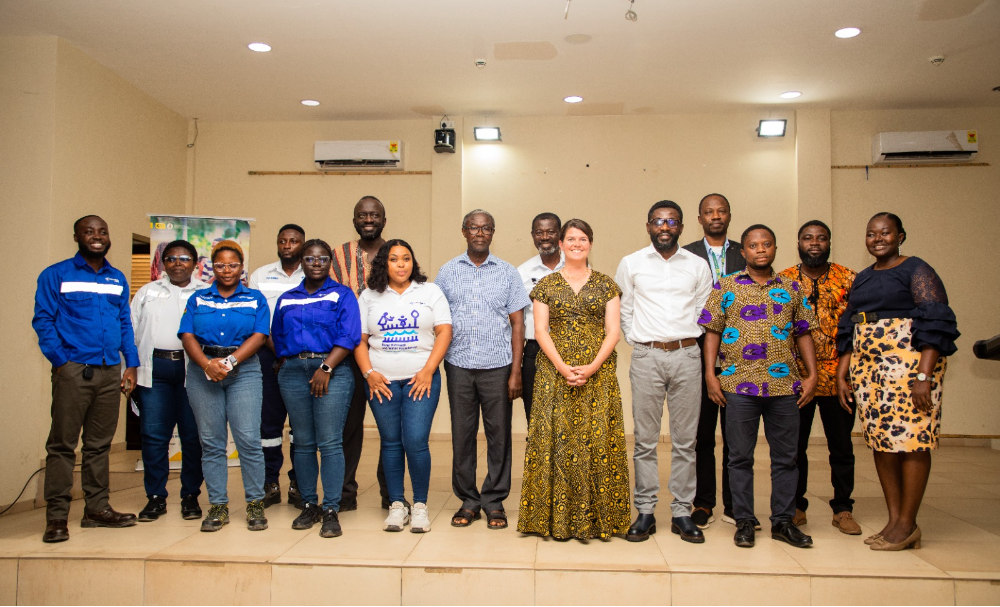The College of Engineering at the Kwame Nkrumah University of Science and Technology (KNUST), Kumasi, in collaboration with Genser Energy and the Brew-Hammond Energy Centre (TBHEC), has hosted a seminar on advancing Ghana’s natural gas infrastructure through engineering excellence.

Delivering an address on behalf of the Provost of the College of Engineering, Professor Francis Kemausuor stressed the need to celebrate and advance engineering excellence in Ghana. He highlighted the role of technical education in driving national development through practical application.

Professor Ato Quansah, Director of TBHEC, outlined the growing partnership between KNUST and Genser Energy, initiated in December last year. He said the collaboration has so far produced three key outcomes: visits by staff and students to Genser facilities, technical seminars, and joint research projects.
“Today’s event is about celebrating engineering excellence and highlighting the brilliance of young Ghanaian talents, many of whom passed through this very institution,” he said.
Quansah also emphasised the real-world relevance of engineering courses. “What you do here is not just some fanciful theory, but fundamental knowledge that is critical for industry practice. You will find that pipeline diameters are not chosen at random, and what you study in fluid mechanics and compressible flow finds daily application in industry,” he said.
Mr. Fritz Tuwohofo-Moses, Communications Associate at Genser Energy, underscored the importance of bridging academia and industry through industrial training. He said Genser’s training programme offers students hands-on technical experience and industry-based knowledge, and hinted at future collaboration with the KNUST College of Agriculture.

Mr. Henry Abeiku, Vice President of Operations at Genser Energy, shared his career journey and the company’s role in building Ghana’s largest natural gas pipeline transmission system over the past 18 years. He credited much of the success to KNUST alumni who now hold leadership roles at the company.
Reflecting on his early career, Abeiku admitted to mistakes that shaped his approach. “It is very important as a young engineer to understand the expectations of your management. I learned that every decision I make must align with the company’s standards and codes,” he said.
He outlined the company’s operational philosophy, built on three pillars: capacity development, execution culture and performance monitoring. He also noted challenges in land acquisition for pipeline projects, stressing the need for community engagement.
“Our major challenge was getting people to understand us. We must have specific procedures to ensure the highest quality of life for the communities we serve,” he said.
The session ended with a question-and-answer segment, during which students engaged the speakers with questions and comments.

















